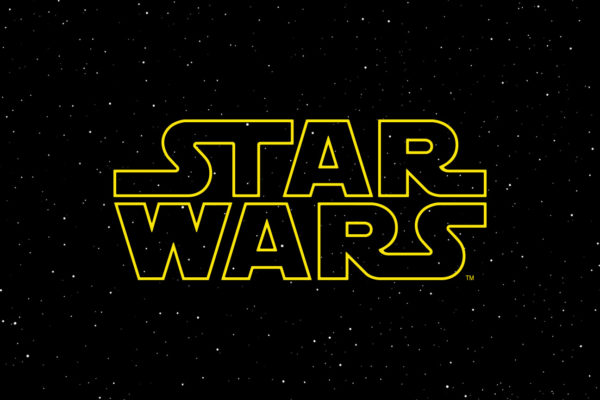The latest episode in the long-running “Star Wars” series is a popular choice for holiday movie viewing. When we go to a sci-fi movie, most of us see it as entertainment, not citizenship. But the stories we tell don’t just reflect our world. They shape it, and they shape us too.
The evil characters in “Star Wars” are generally one-dimensional villains that everyone loves to hate. Neither Darth Vader, the main antagonist in the first trilogy, nor his storm trooper enforcers have faces. They wear identical full-face helmets that erase any sense of humanity or individuality. The good guys, by contrast, have faces and back stories that the audience can relate to.
These days, many of us feel anger, fear or even hatred toward people different from us. Whether we favor or oppose impeaching President Donald Trump, we think that people who disagree with us are destroying our country. We see our opponents as Darth Vader. But Vader turns out to be the father of the Jedi hero Luke Skywalker. And it’s easier to find a way forward when we tell stories about the ties that bind us, as well as the conflicts that divide us.
The “Star Wars” model, where the good guys are good and the bad guys are bad, makes for a great story. And most of us want to see the world in those terms.
But people just aren’t like that. None of us is truly good or always bad. People we admire do terrible things. And people from different countries or different religions or political parties love their families and root for the local sports team, just like we do.
Homer’s “The Iliad” also tells a story about a battle to the death. But unlike “Star Wars,” Homer’s tale doesn’t have villains. It’s not a story of “us” versus “them.”
Achilles, the best Greek warrior, is a prickly character who alienates both modern readers and his own comrades. The Trojan leader Hector is “the enemy” to “The Iliad’s” ancient Greek audience. But “The Iliad” includes wrenching farewells between Hector and his wife, his little son and his elderly parents. After Achilles slays Hector, “The Iliad” ends with the sobs of his grieving family. And the story fails if we do not grieve along with them.
“Star Wars” and “The Iliad” tell starkly different stories about war. In “Star Wars,” the forces of the Resistance are unquestionably the good guys. The opposing troops, without faces or relationships or individuality, are equally clearly bad and wrong.
But in “The Iliad,” there’s nothing bad or wrong about the Trojans. Both Greeks and Trojans love their families. They value their honor, and they mourn when a warrior dies in battle. The gods care about both sides. The Trojans in “The Iliad” are not fundamentally different from the Greeks. At bottom, “The Iliad” is about the costs of war. And everyone pays that price, Greeks and Trojans alike.
Seeing our enemies as human beings doesn’t mean we don’t try to win. It means that we distinguish between defeating our adversaries and destroying them.
Right now, the impeachment story across the political spectrum is that “we” are patriotically defending our country against a cynical, reckless disregard for law and justice from “them.” This is a “Star Wars” tale of impeachment. There is also an “Iliad” version, in which we have many values in common with one another, but we live our values in different ways.
Such an impeachment narrative seems naïve, dangerous, or flat-our impossible to many of us. But it is there. And our country needs that narrative.
All of us are the heroes of our own stories. But in another person’s story, we may play Achilles, or even Darth Vader. As in the impeachment process, the same events look different to different people. It’s not the events that change. It’s the stories we tell about them.
It’s up to us what kind of stories we tell. And those stories change the problems that we face by changing how we see our problems. Can storytelling make everyone agree about everything? Of course not. But we can’t solve our problems without changing the stories we tell about one another.
Deborah Beck is an associate professor of classics at The University of Texas at Austin.
A version of this op-ed appeared in the San Antonio Express News, Austin American Statesman, Waco Tribune Herald, Abilene Reporter News, Corpus Christi Caller Times and the Amarillo Globe News.




